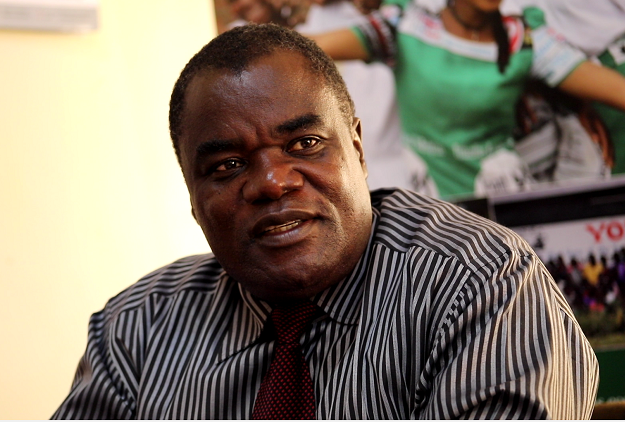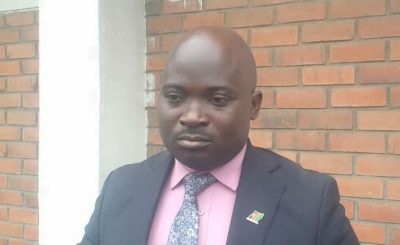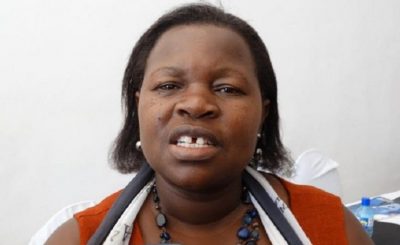Youth Net and Counselling (YONECO) says conflicting government policies are contributing to increased cases of adolescent pregnancies in the country.
YONECO Executive Director, MacBain Mkandawire said the policies in the ministries of health and education, are preventing adolescents from accessing sexual reproductive health services in schools.
Mkandawire added: “the policy in ministry of health says young people must access condoms but you go to schools you cannot distribute condoms.”
“On one hand you are saying let them access, on the other hand you say no you can’t get them here, now these young people are more in school than in homes.”
He said the results from the current study which have shown an increase in adolescent pregnancies from 26 percent to 29 percent in Malawi are saddening.
Mkandawire said the results have shown that despite having a lot of investment, there has been limited access to the services.
“The results speaks volumes in terms of access to the services, information and education and HIV prevention because the teenage pregnancies going up means that young people are having unsafe sex.”
Mkandawire said the increase in teenage pregnancies may also have a great impact on abortion issues among adolescents.
“The next question you ask is how many of these have not been recorded? There could be abortion issues that would go with it,” he said.
He said all stakeholders including parents and churches have a role to play in relooking into the current strategies in order to deal with the issues.
“I know no parent would want to hear that his or her child is having sex but the reality is that young people are having sex at alarming rate,” Mkandawire said.
“The challenge is even in the church, young people will have sex and you get the pregnancy in the choir by the choir master.”
YONECO in partnership with PACHI and Malawi Health Equity Network (MHEN) is implementing the Every Woman Every Child (EWEC) which among others aims at ensuring provision of quality healthcare.
The project is being implemented in Zomba, Machinga, Dedza, Dowa and Nkhata Bay districts with funding from United Nations Children’s Fund (UNICEF).





